Fiscal Plan Leaves Puerto Rico in Free Fall Until 2024 (document)
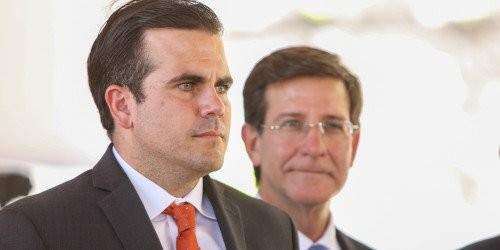
The forecasts made by several local economists about the counterproductive effects of implementing austerity policies in Puerto Rico is now backed at an international level: US experts foresee a prolonged economic crisis, at the very least until 2024.
They even warn that the Fiscal Plan drawn by Governor Ricardo Rosselló Nevares and the Fiscal Control Board (FCB)—an entity enforced by PROMESA—will have a more severe impact than what is outlined in its pages, because it is based on unrealistic assumptions and ignores long-term problems.
‘The Fiscal Plan provides the same growth projections in the baseline scenario—which does not contemplate any austerity measures—as it does after the proposed spending cuts, with no assessment of what impact those measures may have on economic growth. Under the current proposed fiscal plan, Puerto Rico is projected to continue negative growth until 2024. Taking into account the proposed fiscal austerity, the negative growth is likely to persist for years longer than that,’ reads the report from the Center for Economic and Policy Research (CEPR).
According to the approved Fiscal Plan, Puerto Rico could begin showing positive growth in 2026. Nonetheless, this projection is based on an implausible scenario, since the gross domestic product (GDP) at that time would be below the estimate.
According to the paper, this information clashes with what former Governor Alejandro García Padilla presented in the fiscal plan he submitted in October, which was rejected by the FCB.
‘His proposal argued that Puerto Rico had already tried to implement austerity policies, and that those policies had led to more out-migration and a continually shrinking economy. His plan was built on the principle of restoring growth in the short term before focusing on debt servicing,’ is the comparison made in the report drafted by the Washington DC group, called ‘Life After Debt in Puerto Rico: How Many More Lost Decades?’
Now they identify the reduction in both public and private investment, the lack of jobs, and the emigration as some of the main triggers for the economic meltdown.
‘In 2016, fixed capital investment in Puerto Rico was less than 7.9% of GDP, a decrease of almost 40% from 2007. The vast majority of investment comes from the private sector, which fell by 33%. But public sector investment fell even more, by 66% to just 0.9 percent of GDP,’ the report states.
According to the paper, adopting austerity measures would worsen the already difficult living conditions in the island. For example, the report mentions that the base annual income for families is $19,000, in contrast with the average $53,900 in the United States. However, the cost of living in San Juan is 8% higher than the average in the US.
Furthermore, the average hourly wage in the island is $9.73—in the US it is $17.81.
All of this is compounded by the fact that 46% of Puerto Rico’s population is living under the poverty line, and childhood poverty is at 58%, three times the rate in the United States.
‘While some argue that lowering the minimum wage in Puerto Rico could incentivize companies to hire more workers, lower wages would increase the already high poverty levels while eroding living standards,’ asserts the report created by Lara Merling, Kevin Cashman, Jake Johnston, and Mark Weisbrot.
The analysts blame the government’s lack of transparency for the inadequacy and inaccuracy of the available data.
These forecasts, along with the fact that the island has been in crisis since 2006, seem to suggest that Puerto Rico may have squandered two decades of possible economic growth, which the economists say would establish a new record.
All negative points aside, the report emphasizes that the Puerto Rican economy also has remarkable advantages, such as a bilingual population, a cohesive national identity, and a high level of development. However, these virtues are undermined by the enforcement of external policies, which end up restricting the economy.
The report proposes a possible solution: if Puerto Rico were an independent nation, it could reduce its public debt—which is currently at $74 billion—by renegotiating with its creditors or accepting a default. This way, the island could start over again and restructure its economy, adopting policies that would boost its competitiveness in the global economy of the 21 st century.
‘But Puerto Rico is not a sovereign country, and therefore the external control over its economic policies is, particularly at the moment, much stronger and vastly more destructive than that of European authorities over the more vulnerable zones in the area. If Puerto Rico is going to have a chance to avoid a continued deterioration of living standards and loss of population, either the policies imposed from outside will have to change, or Puerto Rico will have to change its political status,’ the economists conclude.
Popular ahora

Bienvenido a Noticel
Empieza a crear una cuenta
Verificación de cuenta
Te enviaremos un correo electrónico con un enlace para verificar tu cuenta. Si no lo ves, revisa tu carpeta de correo no deseado y confirma que tienes una cuenta vinculada a ese correo.
Has olvidado tu contraseña
Introduce el correo electrónico de tu cuenta y te enviaremos un enlace para restablecer la contraseña.
Has olvidado tu contraseña
Le hemos enviado un correo electrónico a {{ email }} con un enlace para restablecer su contraseña. Si no lo ve, revise su carpeta de correo no deseado y confírmeme que tiene una cuenta vinculada a ese correo electrónico.
Personaliza tu feed
Verifica que tu dirección de correo electrónico sea correcta. Una vez completado el cambio, utiliza este correo electrónico para iniciar sesión y administrar tu perfil.
Elige tus temas
- Deportes
- Economía
- El Tiempo
- Entretenimiento
- Más
- Noticias
- Opiniones
- Última Hora
- Vida y Bienestar
- Videos y Fotos


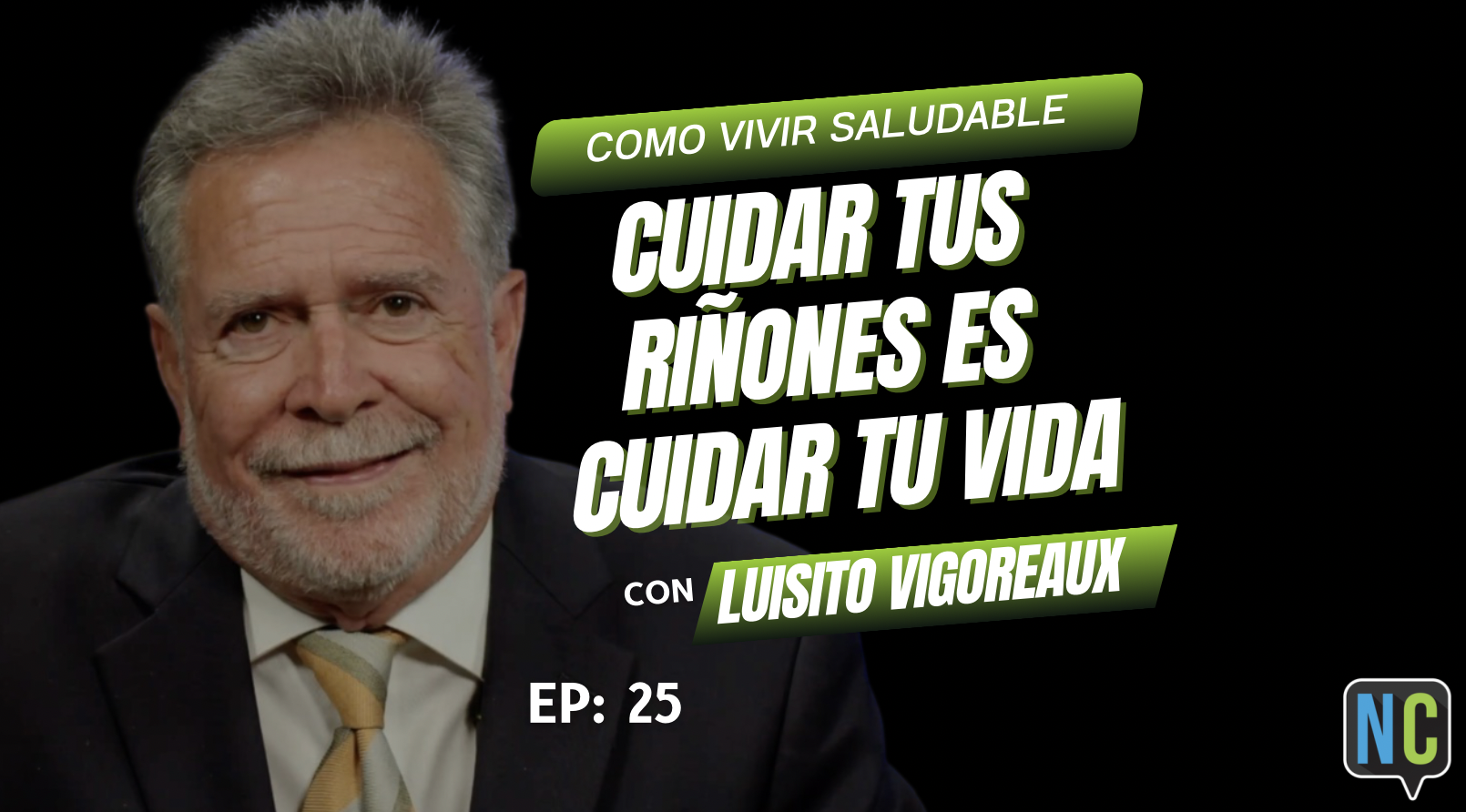
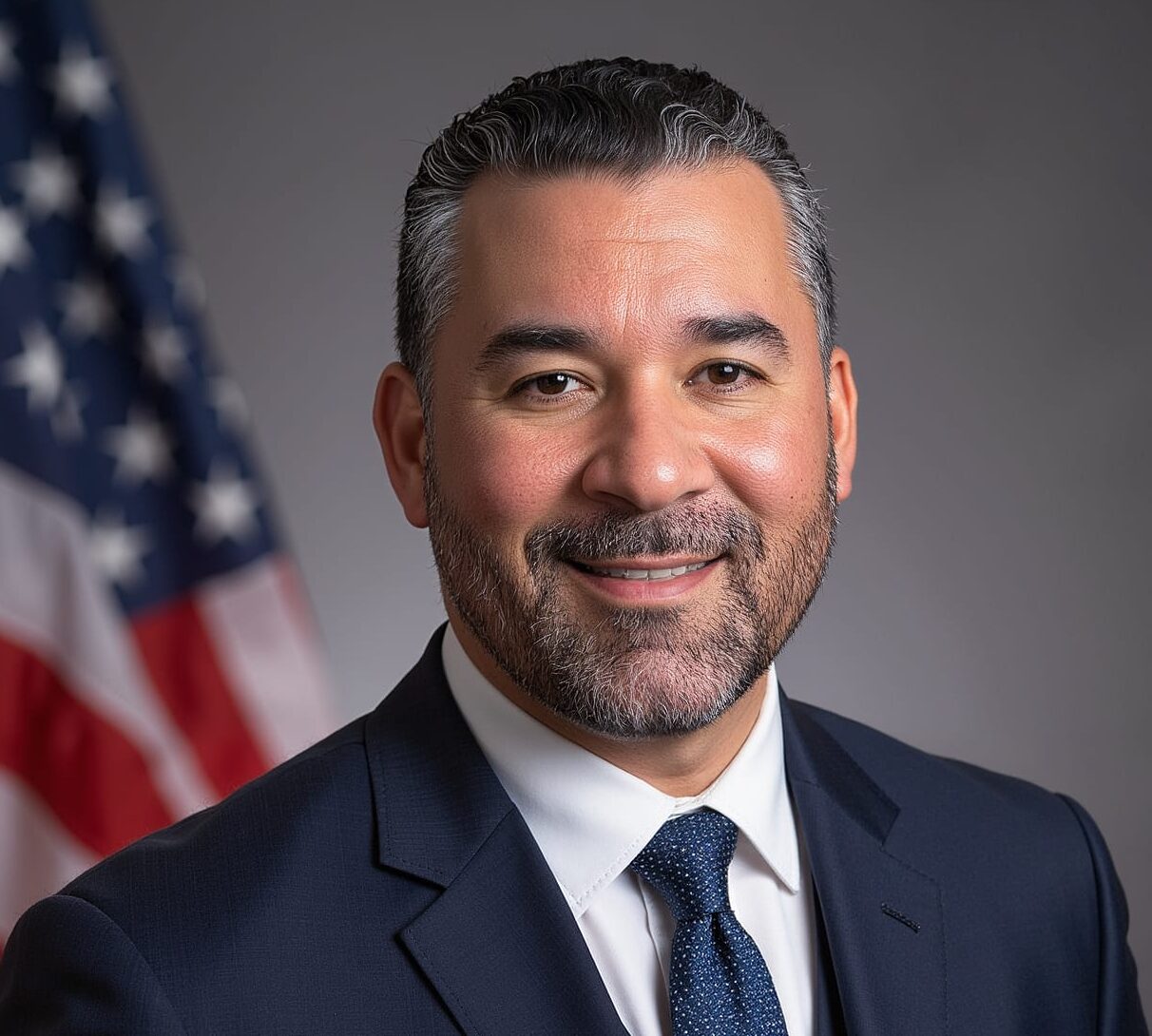



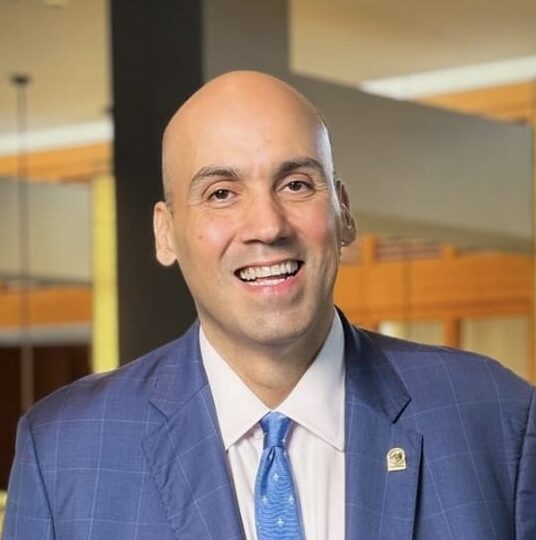
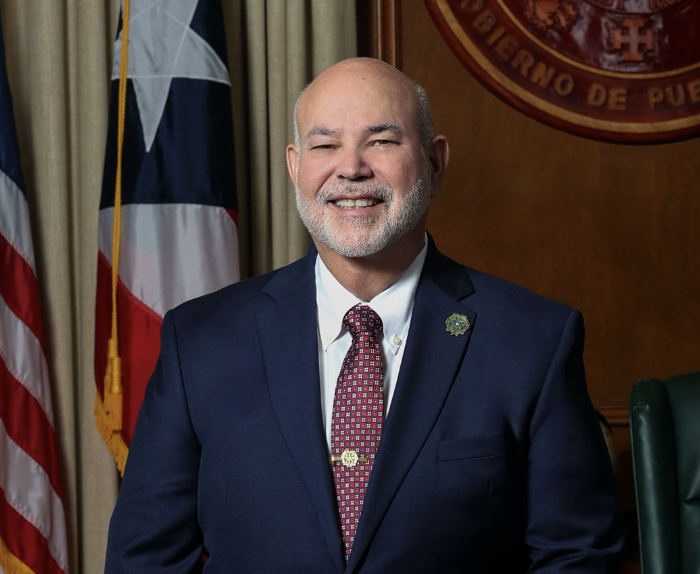

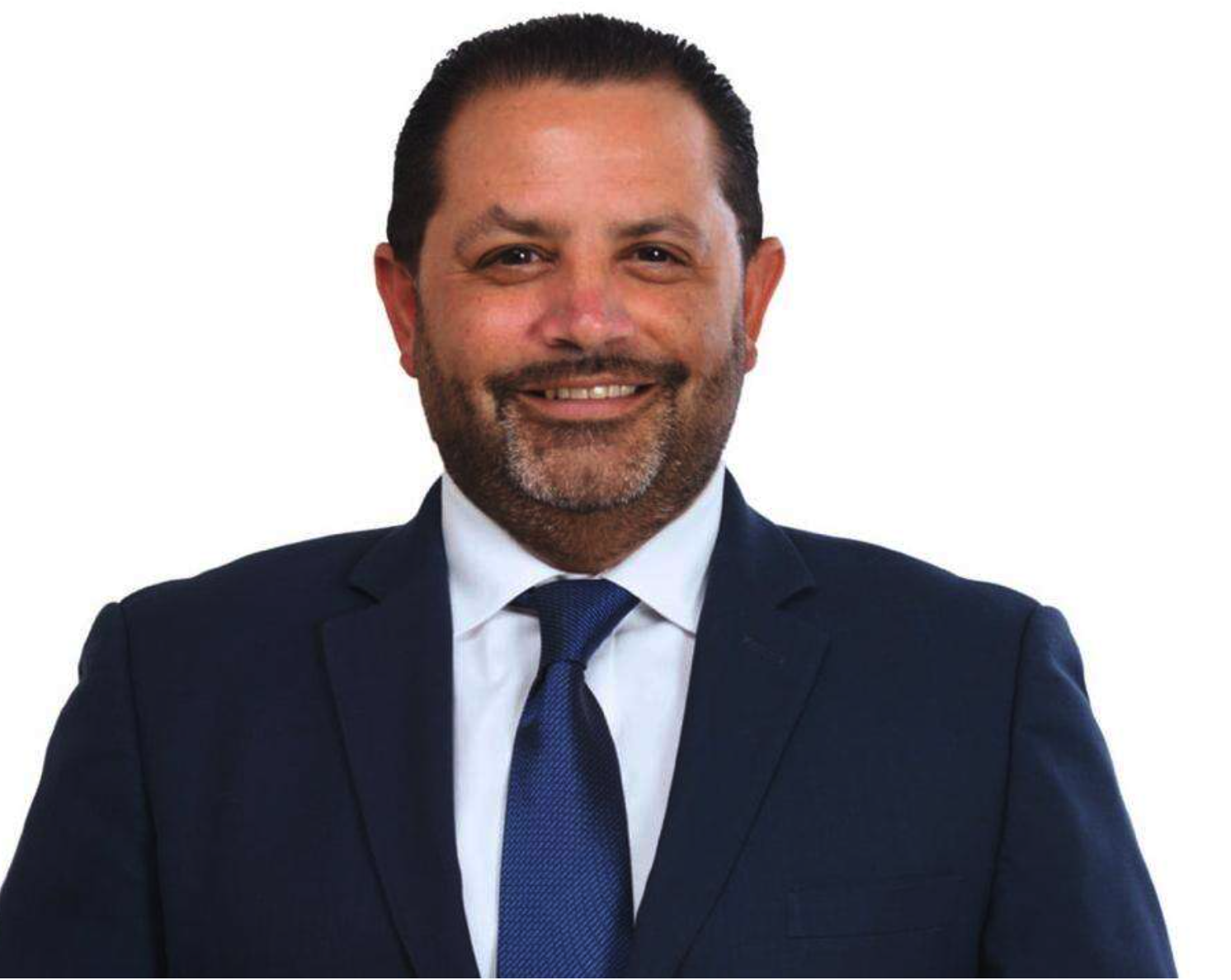

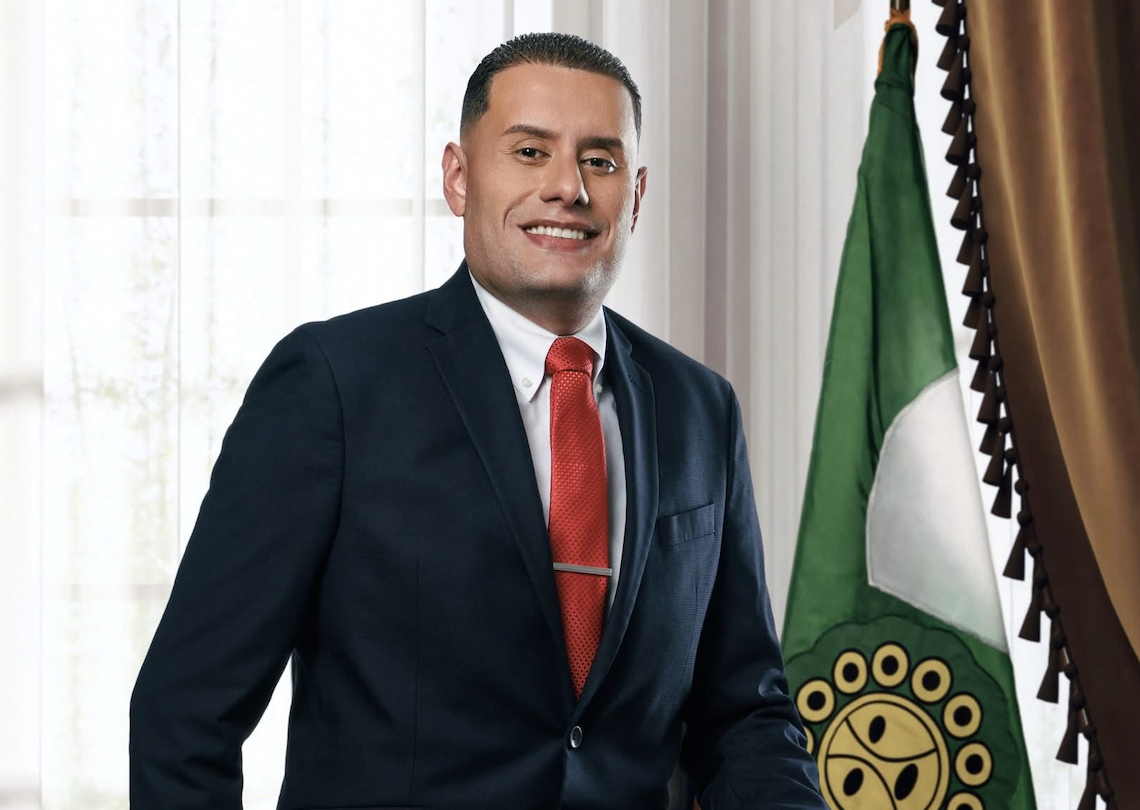
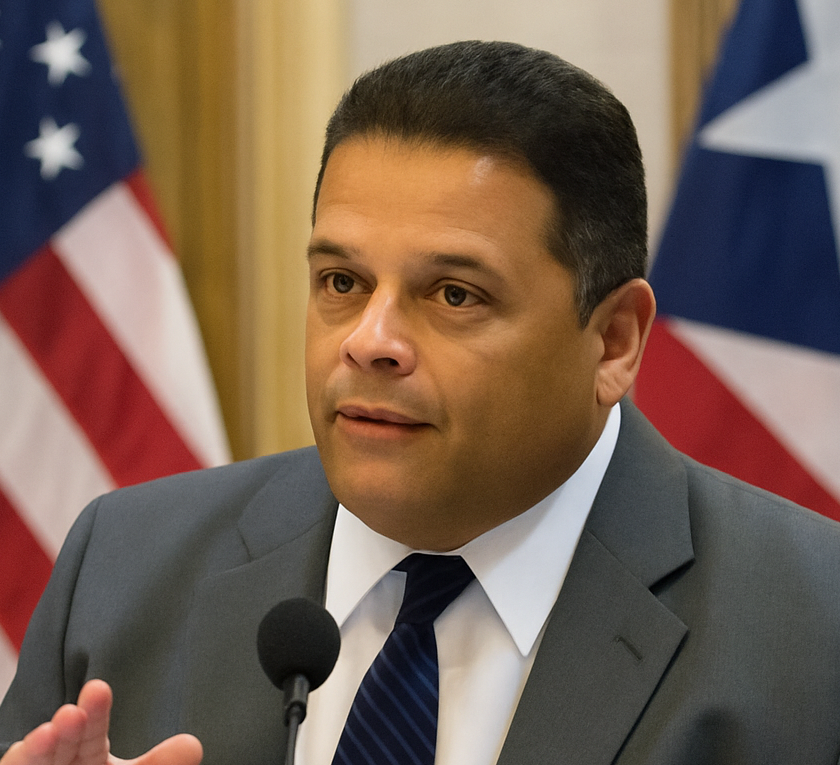







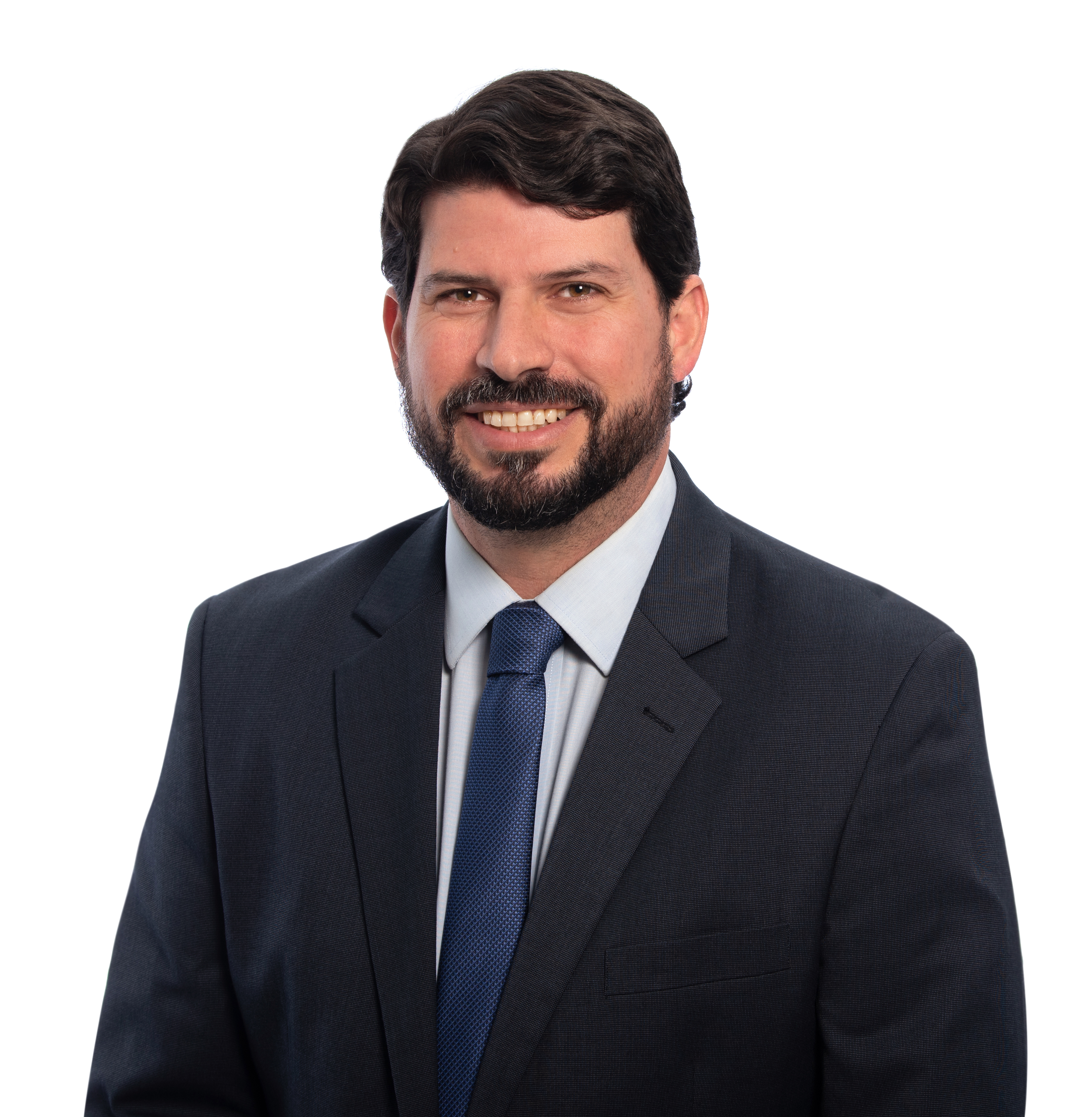

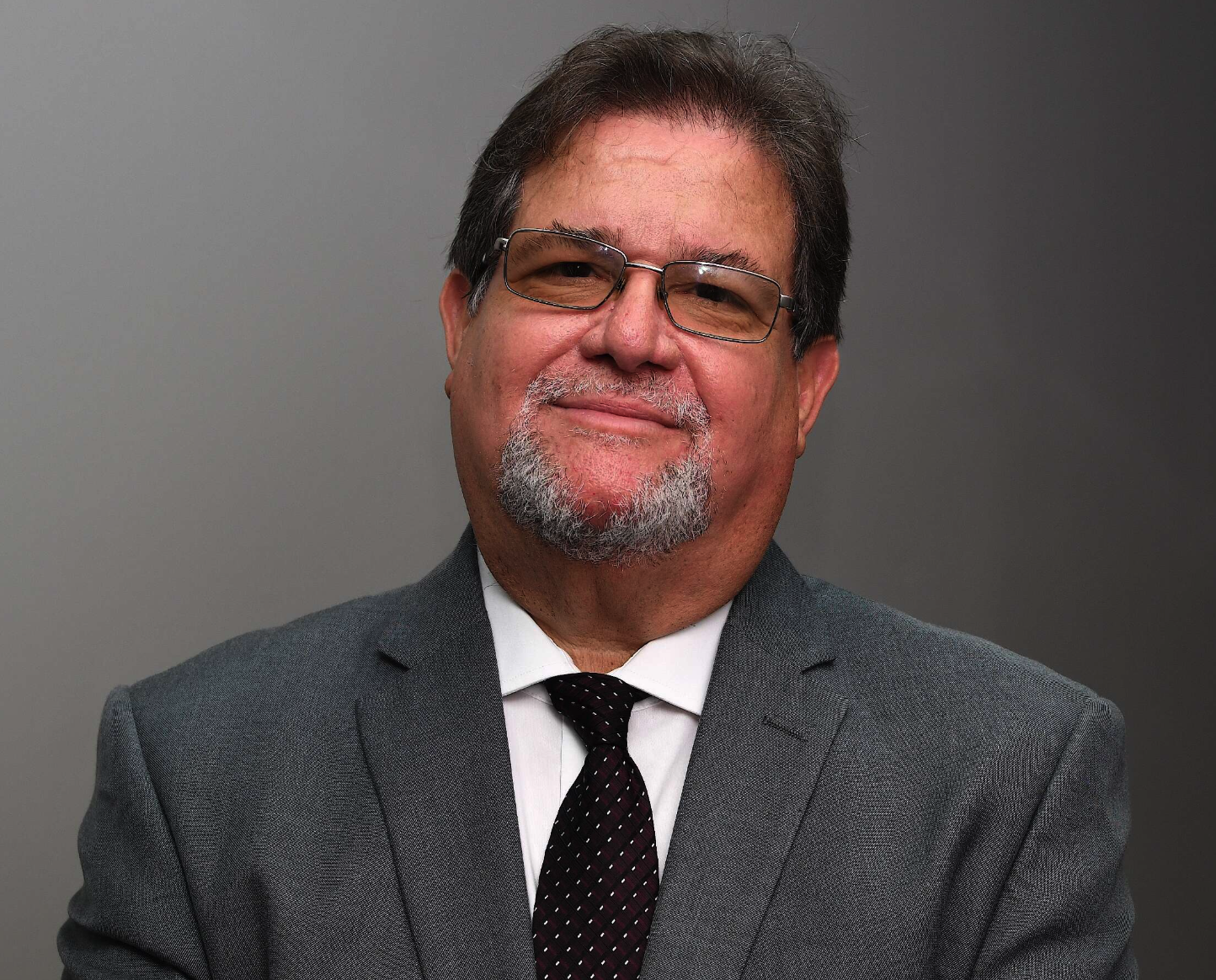
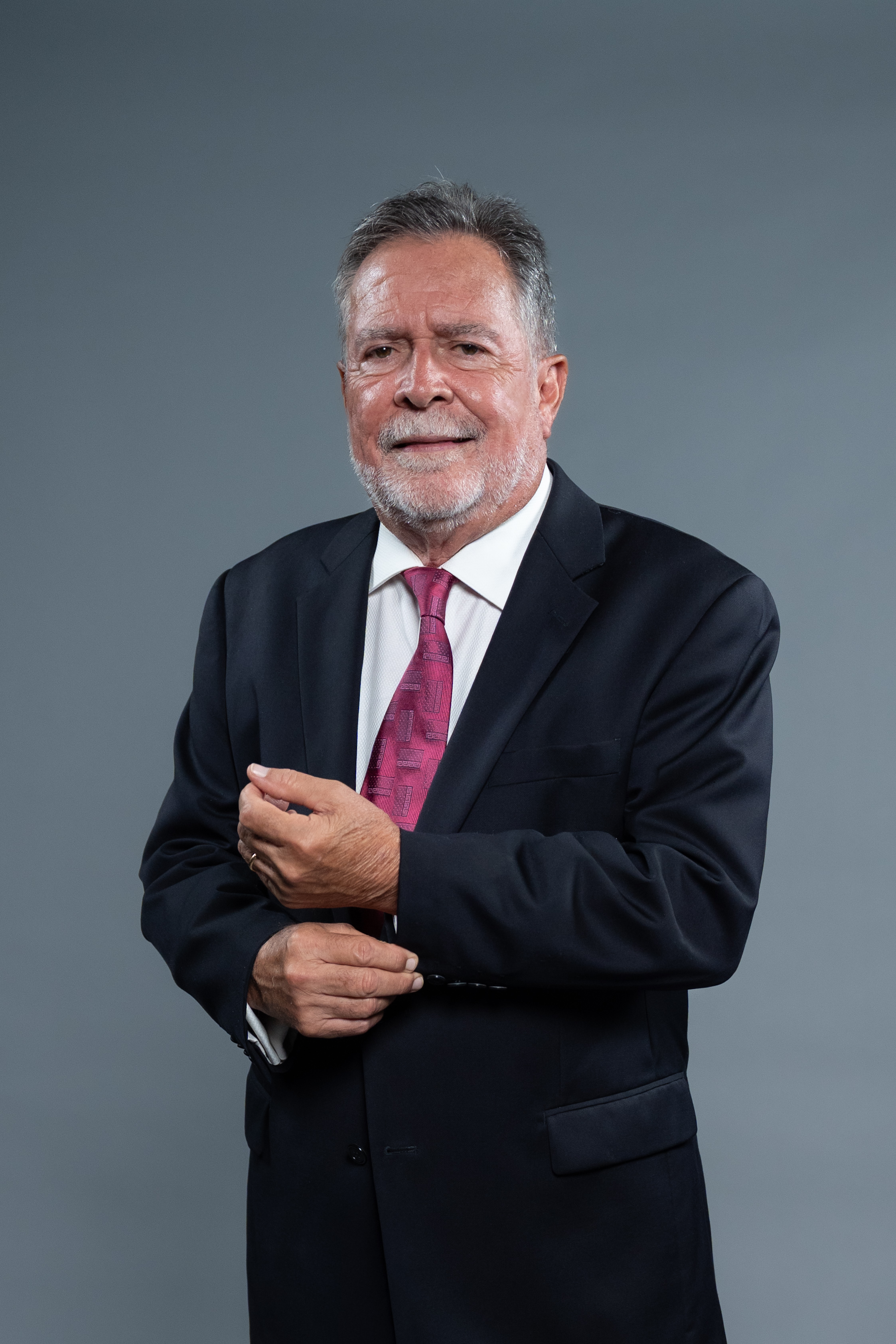
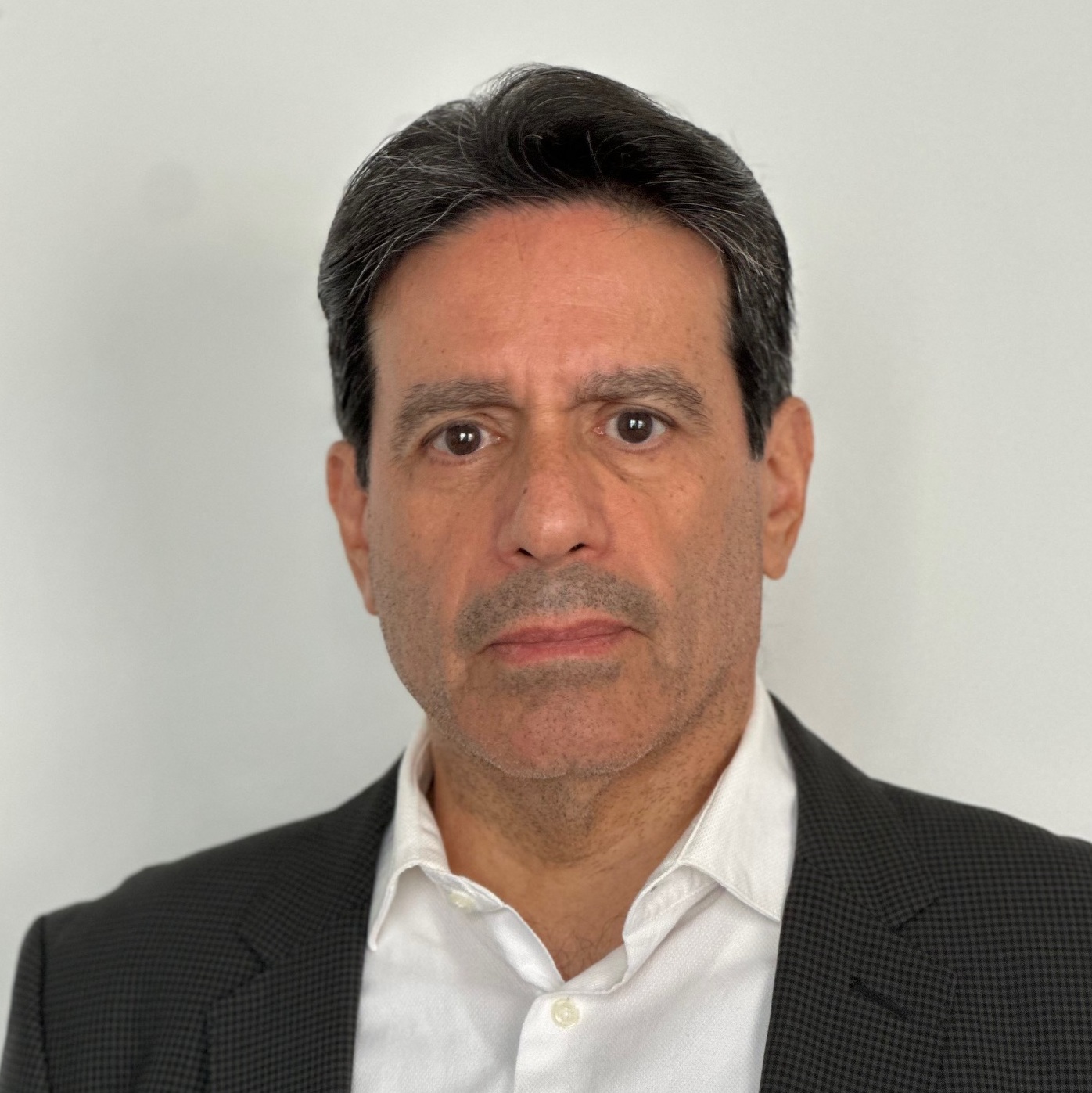


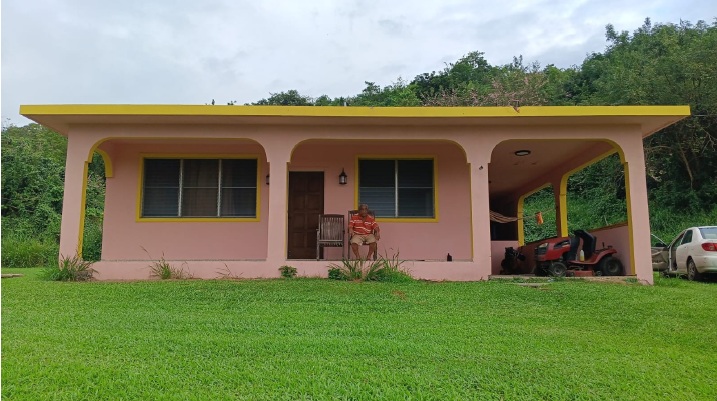

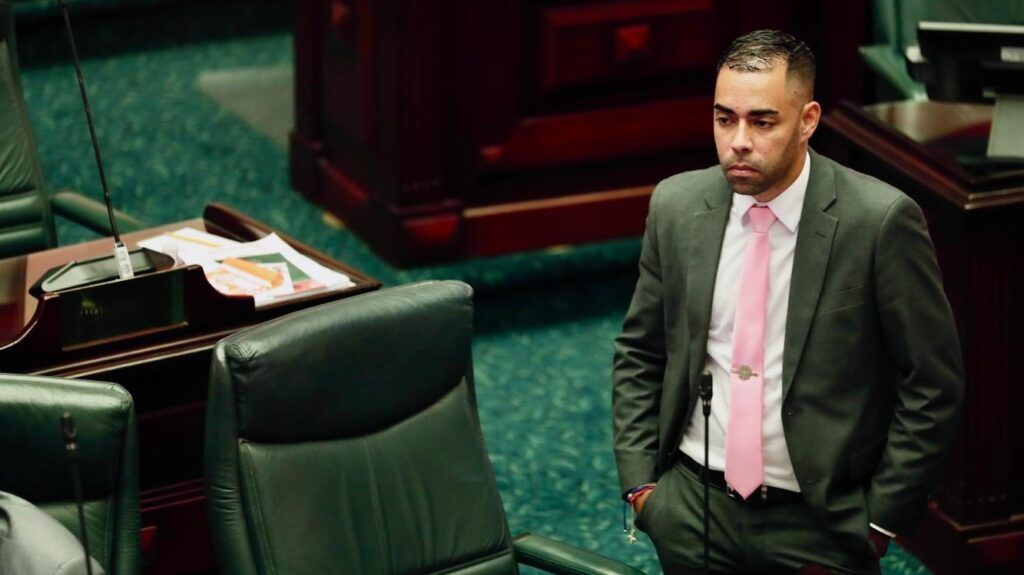


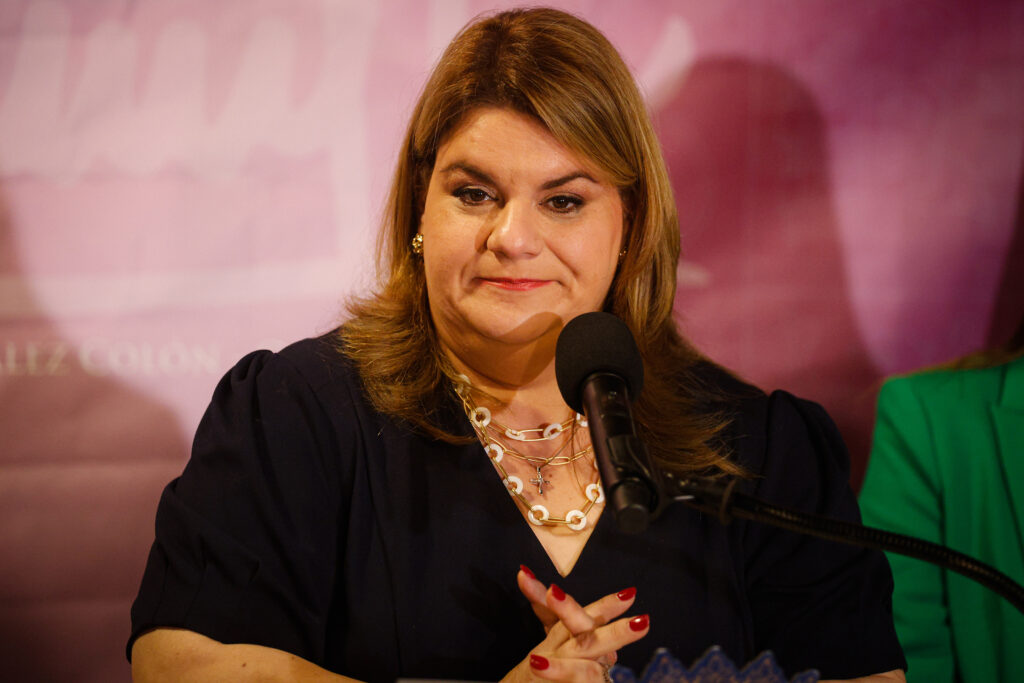
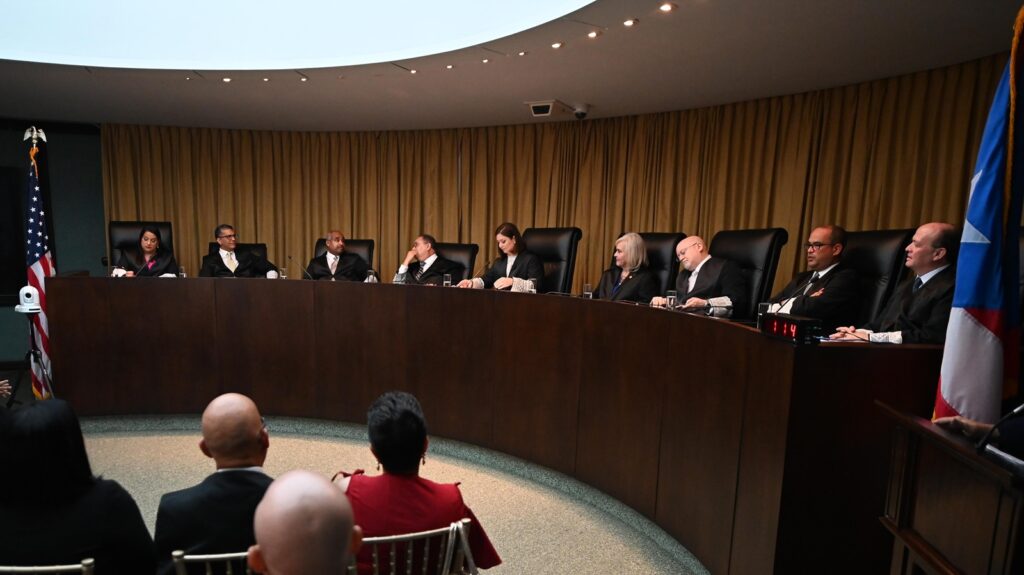

Comentarios {{ comments_count }}
Añadir comentario{{ child.content }}